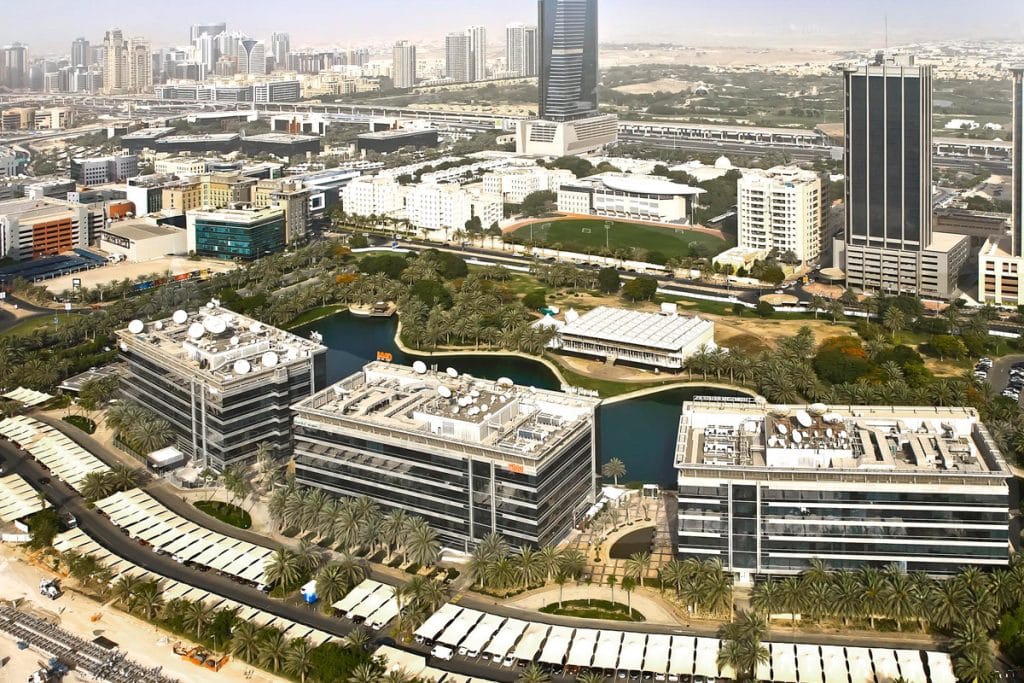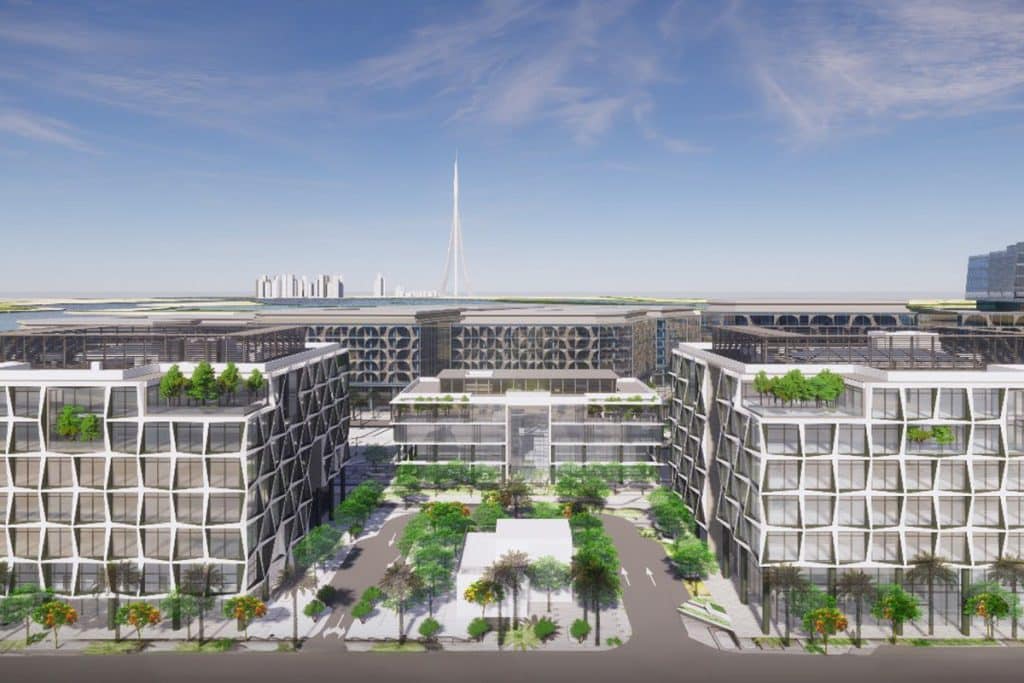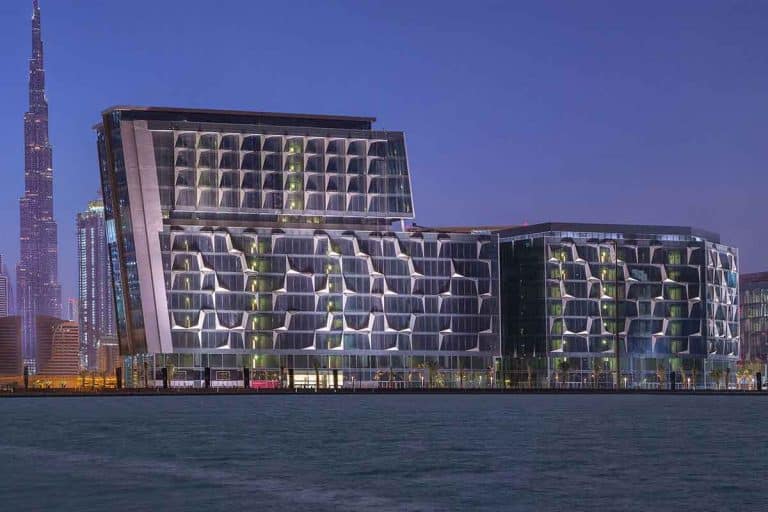A Dubai study has valued the global digital creative economy at AED27tn ($7.3tn) and sets the emirate up as a global ub for investment in the sector.
The global digital creative economy represents an AED27tn ($7.3tn) opportunity to achieve diversified growth led by young and emerging talent amid the steady proliferation of disruptive technologies like artificial intelligence (AI), Web3, and virtual reality, new white paper claims.
The study was developed by Dubai Design District (d3) and Dubai Media City in partnership with Monstarlab.
Dubai global digital creative economy study
The Digital Creative Economy 2024 white paper by d3 and Dubai Media City compiles feedback from engagements with more than 20 leaders and a survey of 400 UAE and internationally-based design and media professionals.
The white paper’s launch comes as Dubai reaffirms its position as the global capital of the creative economy, ranking first on the Foreign Direct Investment (FDI) Index for project inflows and job opportunities in the cultural and creative industries in 2023, according to the fDi Markets report by the Financial Times.
The global digital creative economy is expected to note compounding growth of 11 per cent each year to reach a valuation of AED27tn ($7.3) by 2030, according to an innovative market sizing model built by Monstarlab that reflects the average combined sizes of the global design and media markets as well as verticals defined by global and UAE standards, including:
- Books
- Audiovisual media
- Culture and heritage
- Visual arts
- Fashion
- Product design
The white paper’s findings come at a pivotal time for creative industries as the advent of generative AI breaks new ground in production processes to transform existing business models.
Developed by d3 and Dubai Media City, two of TECOM Group’s 10 sector-specific business districts across Dubai, the paper explores how the accelerated trajectory of emerging technologies is influencing skills and services ranging from fashion design and architecture through to visual arts, advertising, and events.

Majed Al Suwaidi, Senior Vice President of Dubai Media City, at TECOM Group, said: “There has been a seismic shift in how content is produced, distributed, and monetised over the past decade, and the rapid pace of this convergence demands tomorrow’s talent is armed with the necessary skills and training to unlock its full potential.
“AI, Web3, and virtual reality are swiftly pushing the horizon of what’s possible for the future of media, but this tech-driven landscape demands a deep, holistic understanding of the implications of these new tools.
“Strategic support, be it through Dubai Economic Agenda ‘D33’ or Dubai Media’s vision to champion homegrown content creation, is crucial to nurturing such innovation-led creativity, and Dubai Media City is committed to enhancing the local media sector’s value chain by contributing to these programmes.
“It’s an exciting era for content creators as technology redefines every facet of our lives, and our white paper provides a blueprint for a new breed of creative innovators to chart their future success.”

Khadija Al Bastaki, Senior Vice President of Dubai Design District (d3), at TECOM Group, said: “The creative industries are an undeniable springboard for economic growth. Strategic support in our city, too, is geared towards helping to unlock the potential of the creative sector.
“This is apparent in the Dubai Creative Economy Strategy, which aims to raise the GDP contribution of creative industries to 5 per cent by next year.
“Strategic initiatives, targeted development and pro-business policies, and a diverse, multicultural population are cultivating an outstanding global creative community, which has been instrumental to Dubai’s status as a UNESCO City of Design and driving FDI in the creative sector.
“To build upon Dubai’s flourishing contribution to the global design sector, we must continue to look forward and prepare for the next priorities courageously, collaboratively, and innovatively.
“This white paper demonstrates our deep commitment at d3 to championing this vital conversation and ensuring an even stronger future that is informed, favourable, and progressive for all our creative stakeholders.”
As global creative talent taps into the transformative potential of generative AI to automate, optimise, or innovate its work, the white paper explores how the trend is helping the ‘creator economy’ reshape content generation and enabling customer-centricity in commercial applications.

More than 42 per cent of design and 46 per cent of media professionals surveyed for the white paper expect advanced emerging technologies and the adoption of AI solutions to impact their field of expertise in the coming years.
The study also explores the UAE’s role as a contributor to the global creative industry, particularly as the fastest mover within the GCC to grow and digitise its creative economy.
The majority of design (83 per cent) and media (77 per cent) professionals surveyed for the white paper agree Dubai and the UAE provide well-developed infrastructure to enable creative excellence.





